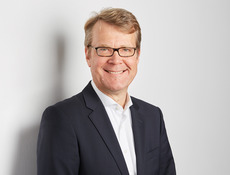On Sunday, May 14, 2017, more than 8 million eligible voters cast their vote for the parliamentary election in North Rhine-Westphalia (NRW). At 65.2 percent, voter participation in Germany's most populous federal state was higher than it had been in two decades. Nevertheless, there was no corresponding decrease in the social divide of voter turnout. On the contrary, the social divide between voters and non-voters even slightly intensified again.
This is shown by our current study. For it, we analyzed the level, change and social profile of voter turnout for 274 voting districts representative of NRW as a whole as well as for a total of 158 neighborhoods in four large cities (Düsseldorf, Cologne, Dortmund and Bielefeld).
The results show that the following statements also hold true for the election in 2017: The more economically weak and socially precarious the milieu structure in a voting district, the lower the voter turnout and the increase in voter participation, as well. In contrast, in the economically stronger milieus of the middle and upper social strata, voter turnout was significantly higher and rose at a higher rate, too. This further intensified the social divide of voter turnout. In percentage terms, there are almost four times as many people without jobs and nearly twice as many school dropouts in the voting districts with the lowest voter turnout as there are in the voting districts with the highest rate of voter participation.
![[Translate to English:] Ein Schild mit der Aufschrift "Wahllokal" steht vor dem Gebäude des nordrhein-westfälischen Landtags in Düsseldorf.](/fileadmin/files/_processed_/d/4/csm_1189375532Strandperle_11067529_bearb_Web2_f3691fd695.jpg)



